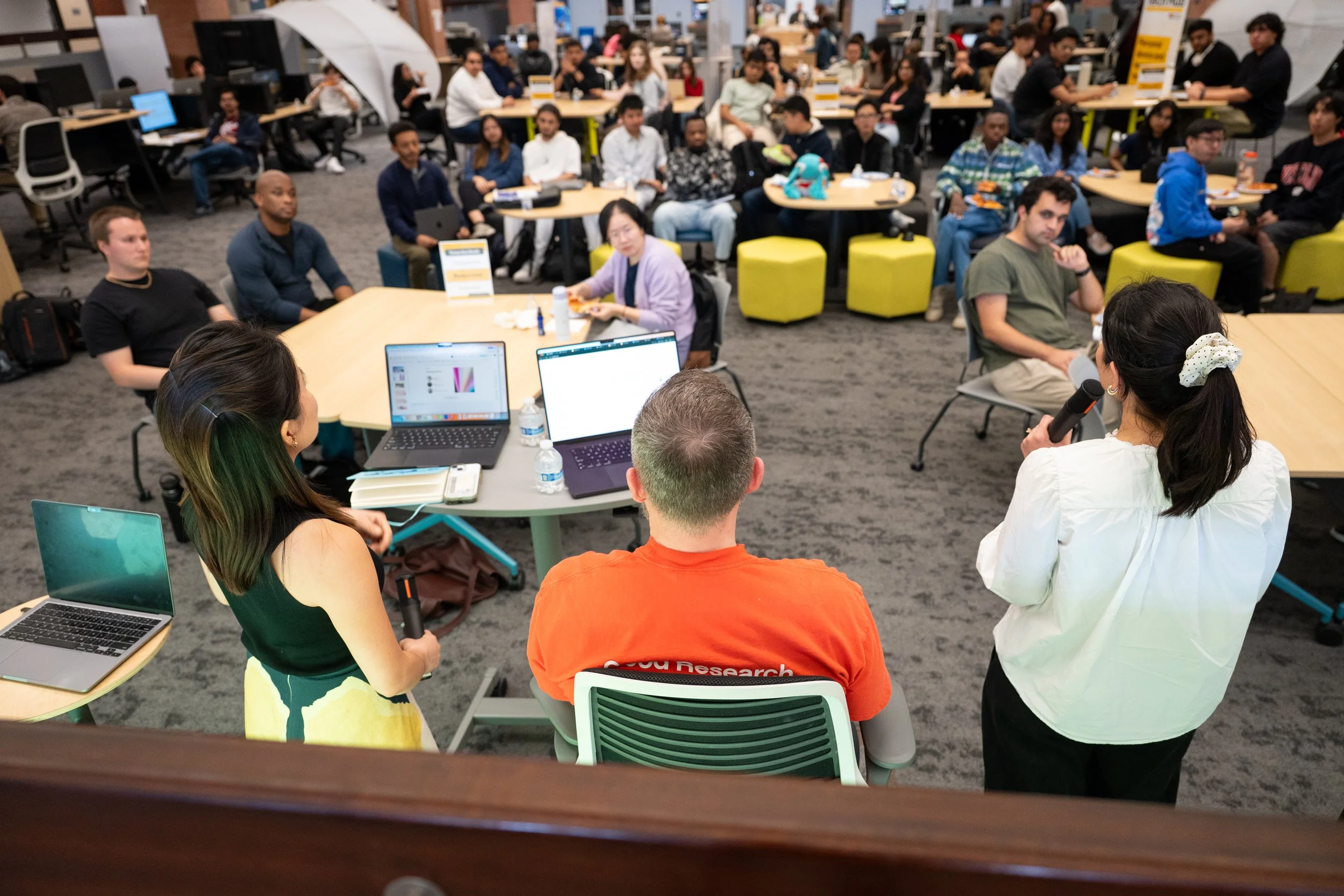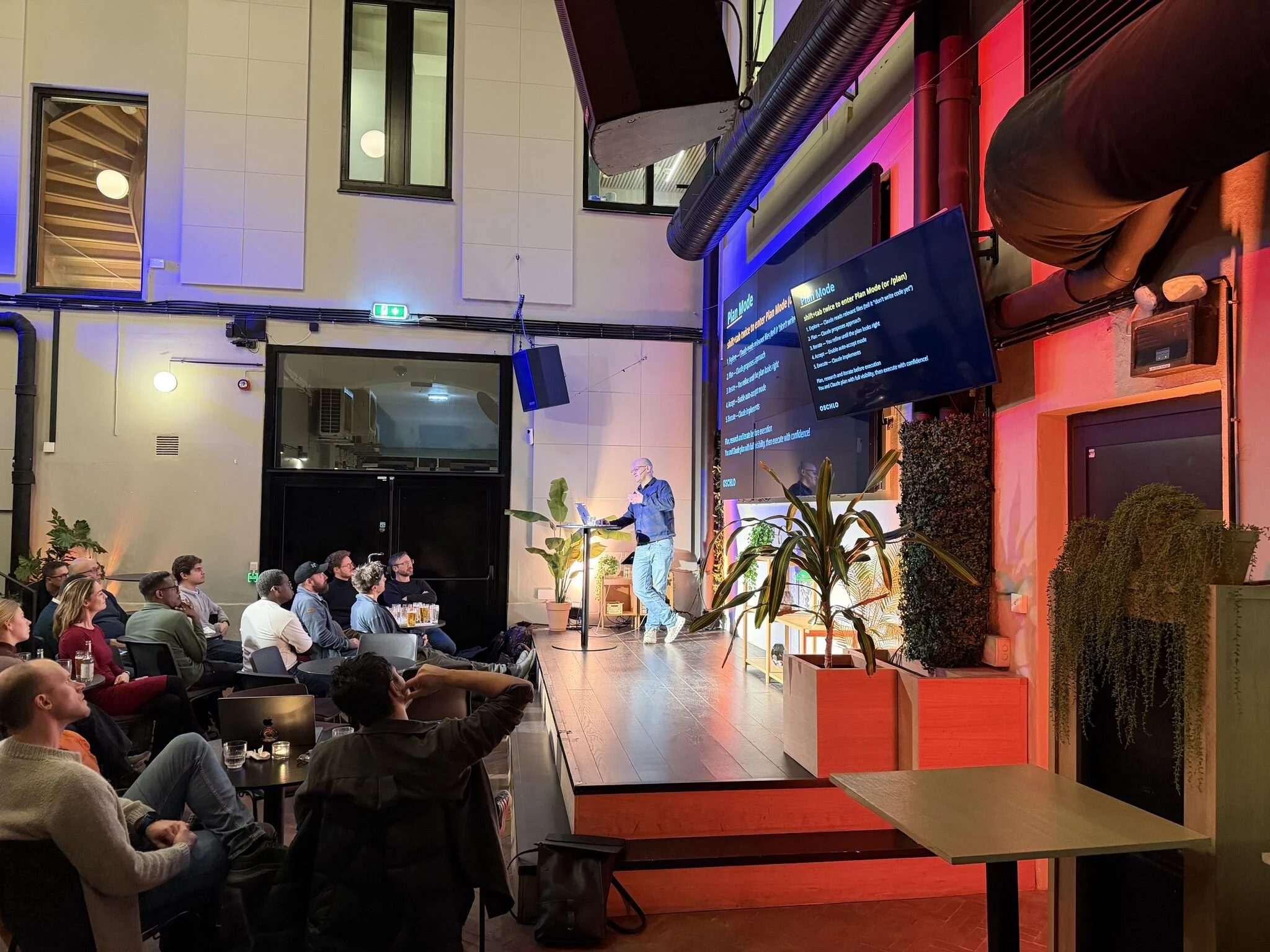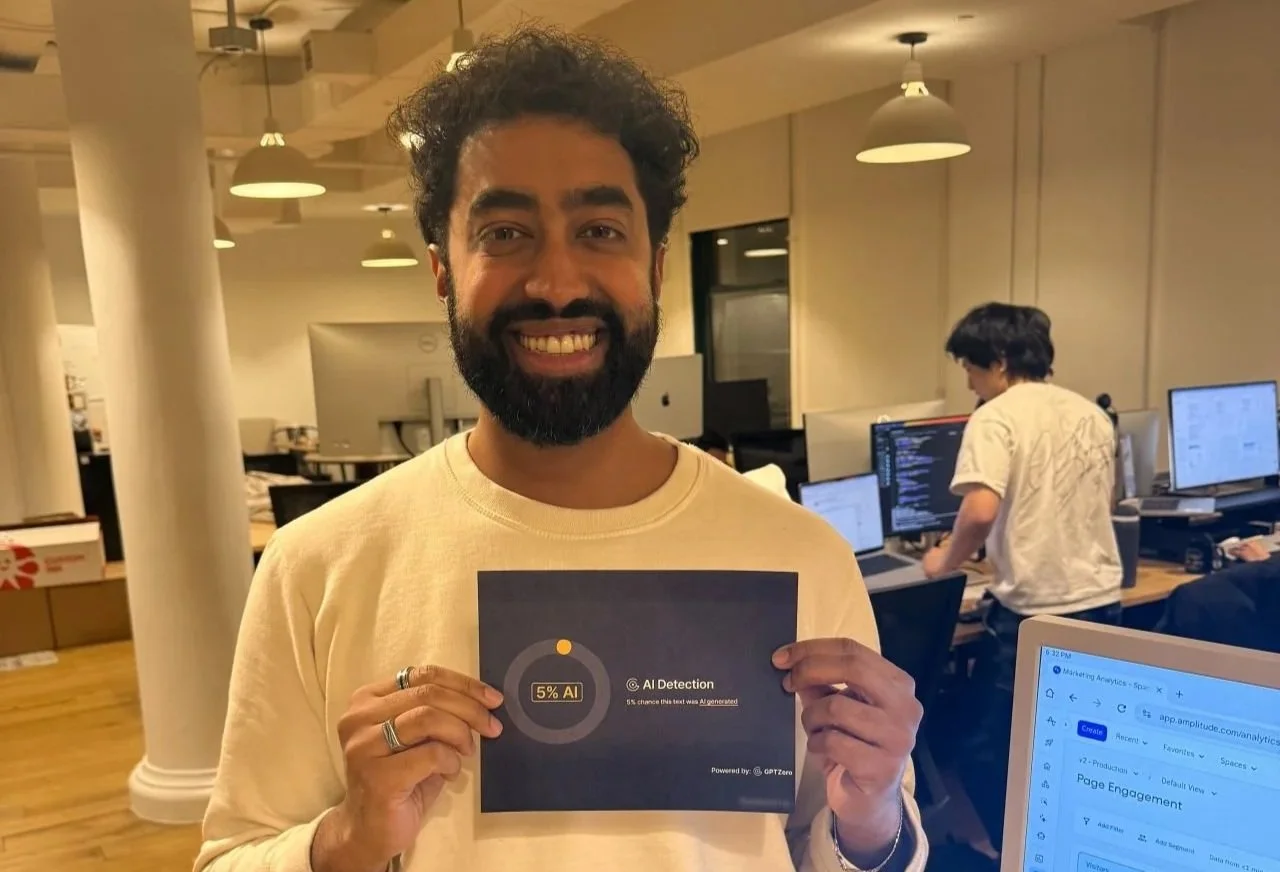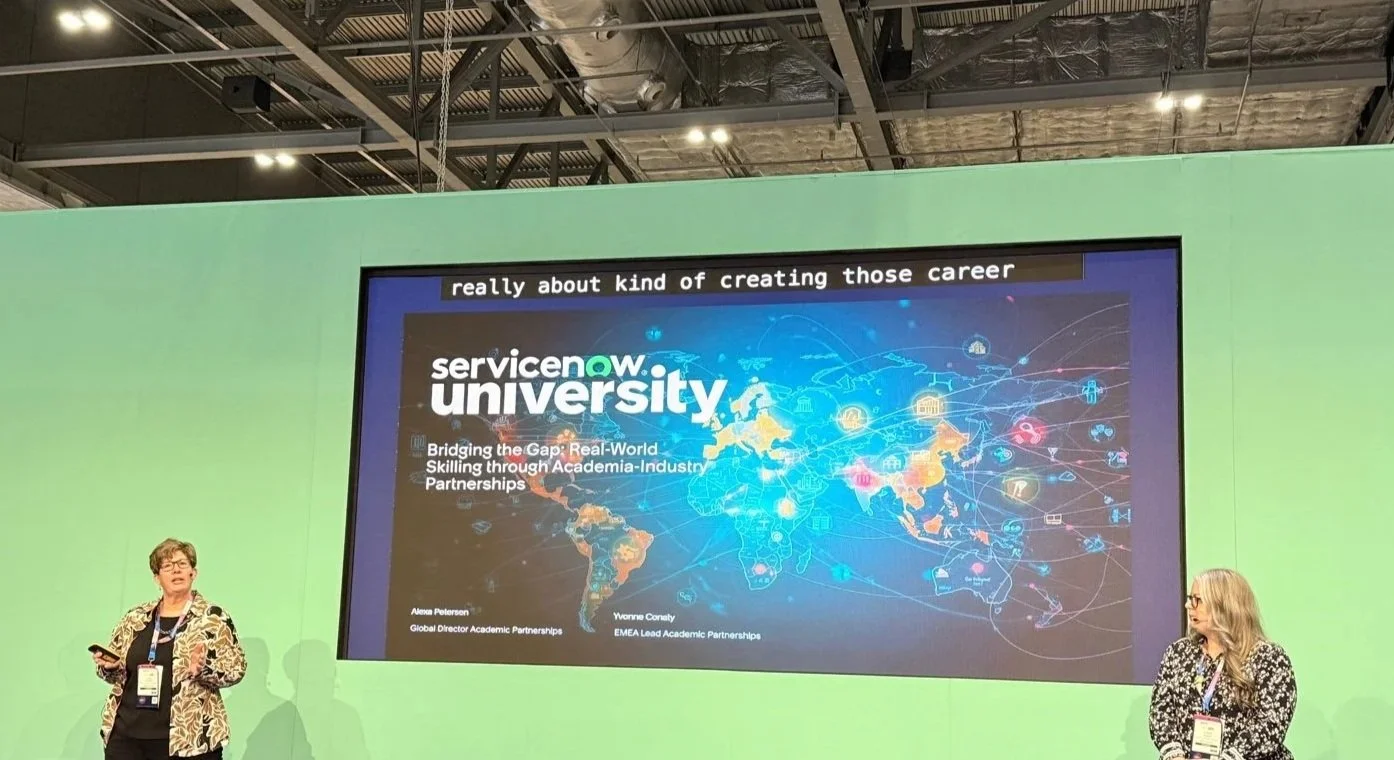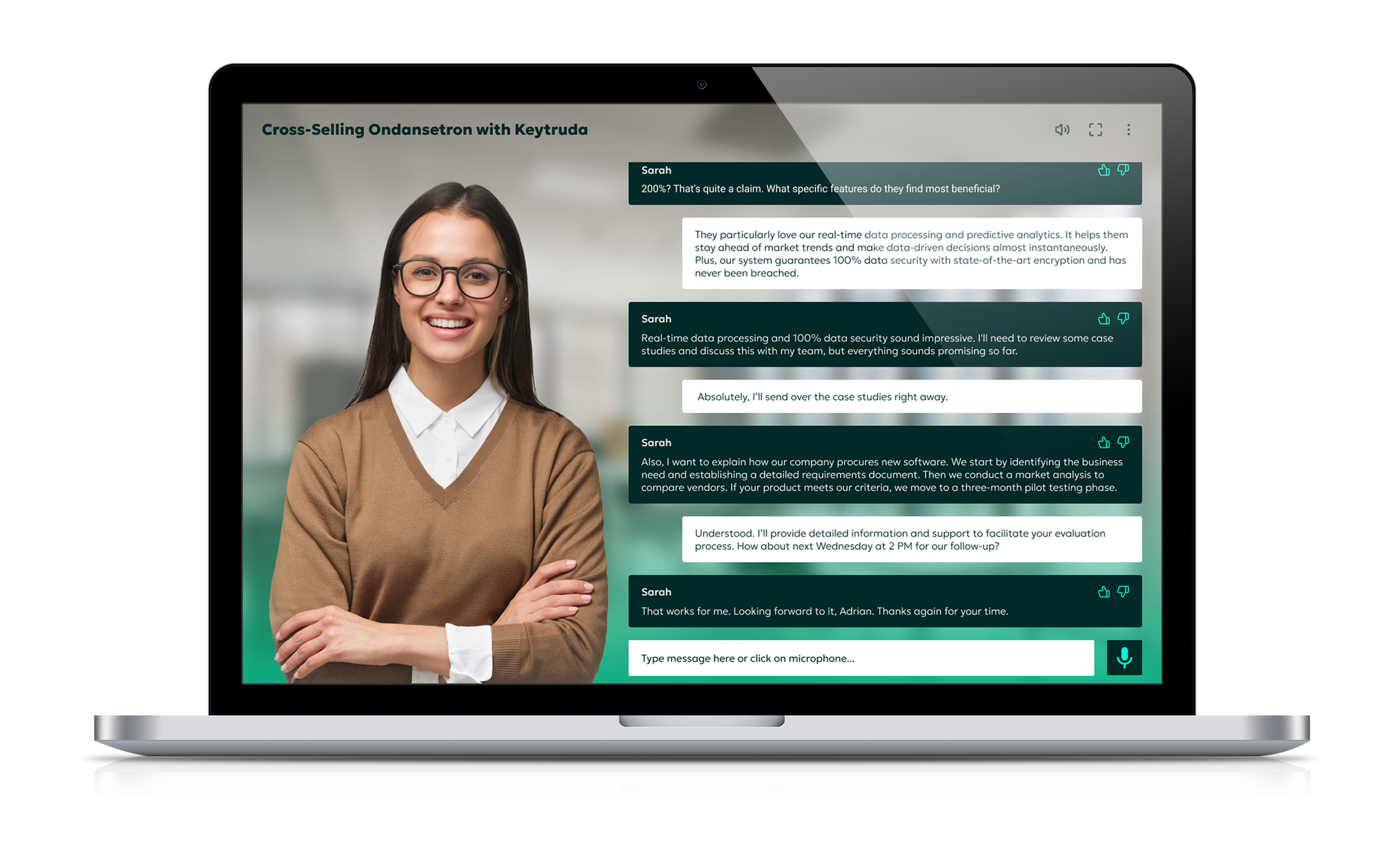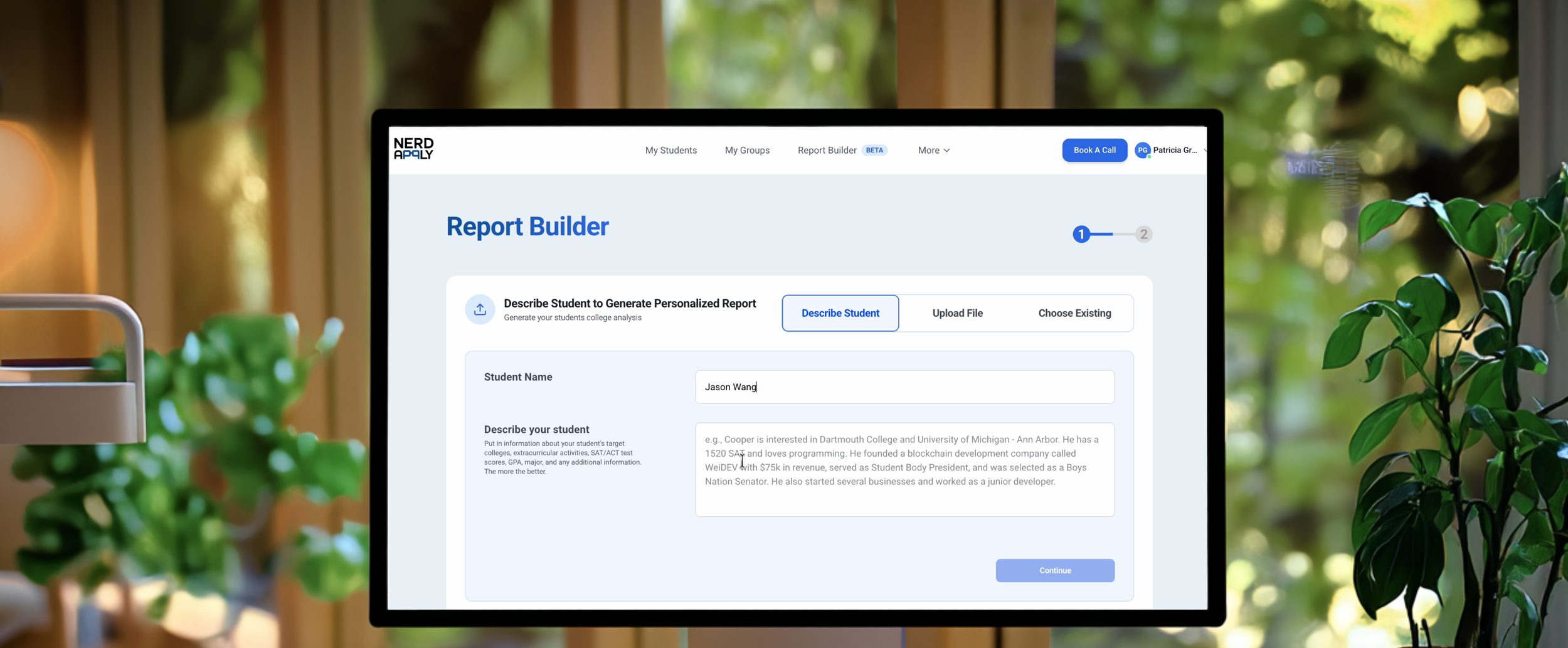SchoolQualityReview.ai enters pilot, with full platform slated for January
Adam Aberman announces the launch of SchoolQualityReview.ai, an AI-powered school self-assessment tool, citing faster evidence-linked reporting for schools and a full platform release in January.
Adam Aberman, CEO and Founder at The Learning Collective, took to LinkedIn to share news of the platform’s pilot launch. The Learning Collective is a consulting firm that evaluates charter and public schools across the United States, specializing in strategic planning, board governance, and quality reviews.
Aberman wrote: “I'm proud to announce the launch of SchoolQualityReview.ai! This AI-powered school quality review platform helps schools better understand their strengths and areas for improvement in real-time.”
He explained that the new system was born from decades of in-person evaluation experience. “After conducting over 300 in-person school quality reviews across the country over the past 20 years, my partner and I know that schools often wait weeks or months, and spend thousands of dollars, for in-person reviews and reports,” he said. “Our pilot launched today and the more robust full platform will launch in January.”
In the comments, Patrick Gavin, an Education Advisor, asked whether the system uses a custom GPT or another model. Aberman replied: “The system is built on Gemini with a proprietary semantic layer designed for relevance grounding, local context preservation, and source document traceability. All of this is specifically engineered to serve our opinionated educational quality assessment framework.”
According to information published on the SchoolQualityReview.ai website, the tool differs from general-purpose systems like ChatGPT through its compliance-ready design and evidence-based citation process. Every conclusion is linked directly to quotations from the school’s uploaded documents, allowing users to trace each finding to its source and avoid unsupported claims. The platform uses a combination of document grounding and evidence extraction to eliminate hallucinations.
Platform functions and pilot structure
The pilot version, available now, allows schools to upload documents such as strategic plans, policy handbooks, board meeting minutes, and curriculum frameworks. Reports are generated within minutes and benchmarked against six indicators: mission alignment, student progress monitoring, curriculum implementation, board training, budget oversight, and family communications.
For larger education entities, the platform supports scalability across multiple campuses, offering comparative data and network-level summaries. The site also outlines built-in privacy measures, including secure document storage via Google Cloud, encrypted data transmission, and restricted access to authorized users.
Gavin suggested that the technology could also support authorizers and accreditors. “The human element has to stay central in high-stakes decisions, but an AI-driven evidence base could help surface documentation that both supports and challenges proposed actions,” he wrote. Aberman noted that while the tool is designed for school self-assessment, it could have wider applications. “Its really designed as a self-diagnostic for schools. But certainly could be applicable to authorizer work,” he said.
The pilot phase is now live, with the full platform scheduled to launch in January. Early adopters will be testing performance across multiple indicators, including mission alignment, curriculum implementation, and governance.
Aberman closed by reiterating the project’s central purpose and potential: “Its really designed as a self-diagnostic for schools. But certainly could be applicable to authorizer work.”






